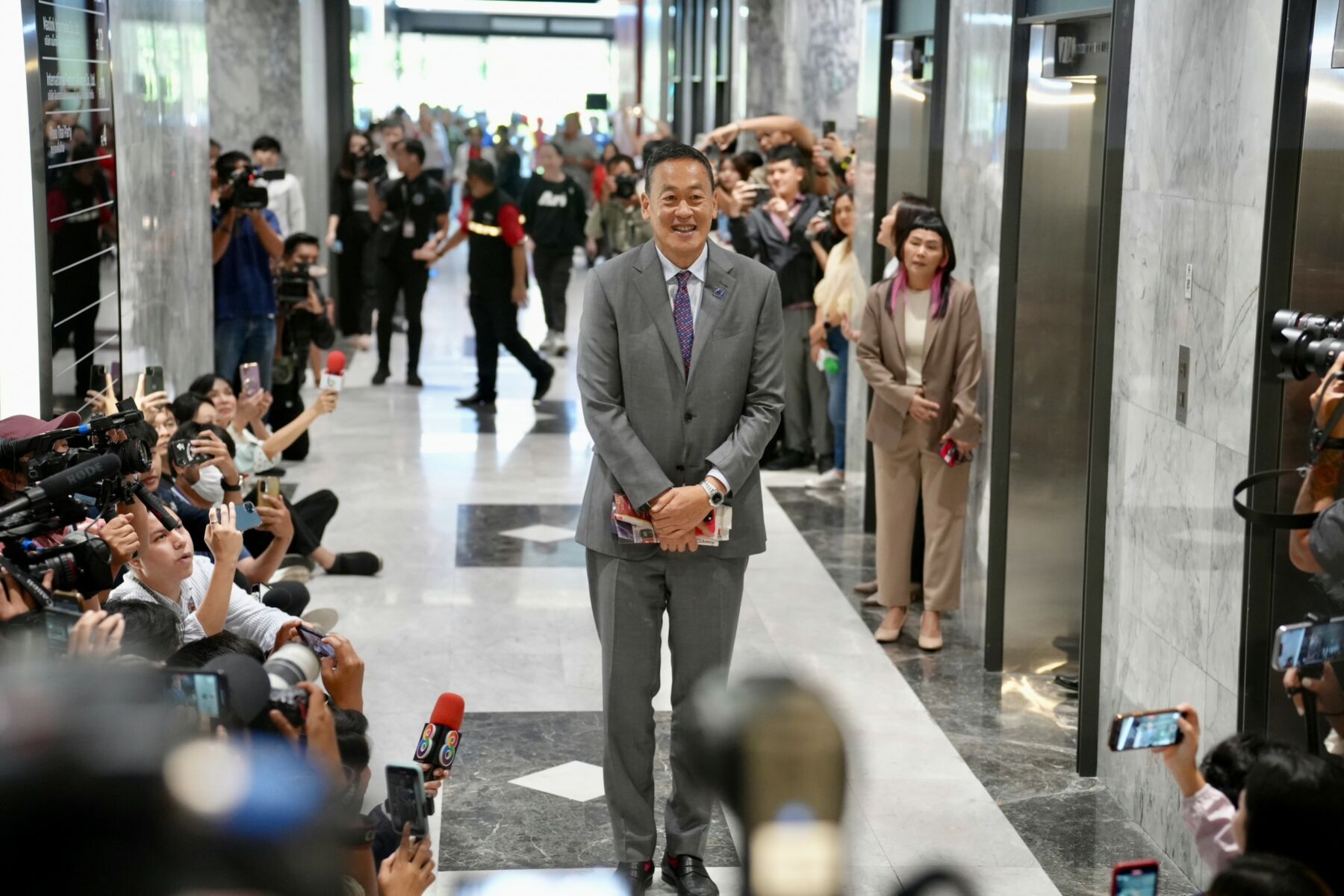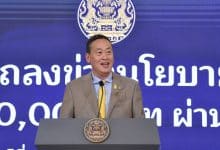Thai Prime Minister to review proposed energy tariff increase

Srettha Thavisin, the Thai Prime Minister, is set to convene a meeting with the relevant bodies following the revelation that the Energy Regulatory Commission (ERC) intends to surge the energy tariff from 3.99 baht per unit to 4.68 baht per unit from January to April next year.
This proposed increase has stirred renewed demands for a revamp of the nation’s domestic natural gas supply allocation to secure access and fair pricing, revealed the 61 year old Thai prime minister.
“The rate is unacceptable. It’s too high. As chairman [of the ERC], I’ll call a meeting to discuss the rate. I can’t allow that.”
While acknowledging that a rise in the power rate is probable, the Thai PM did not specify the exact increase. He assured that the government would strive to find a mutually beneficial solution for consumers and plant operators alike.
Asked if a review of the country’s energy structure was in the pipeline, the Bangkok-born PM confirmed that this matter “will be discussed.”
On September 13, the Cabinet approved a cut in the power tariff from 4.45 baht to 4.10 baht per unit, aimed at easing the cost of living. A subsequent meeting on September 18 decided to further lessen the rate to 3.99 baht per unit for the period from September to December.
Energy tariff
This reduction was suggested by Energy Minister Pirapan Salirathavibhaga after negotiations with the ERC.
In response to the prime minister’s statement, Pongpol Yodmuangcharoen, the Energy Ministry’s spokesperson, stated yesterday, November 30, that the new 4.68 baht per unit rate is merely a proposal.
The final decision has yet to be made and will be reviewed by Pirapan, he added.
Expressing his confidence that the new power tariff would be lower than the suggested rate, the spokesperson explained that it is based on the ERC’s preliminary calculation, which factored in debt repayments to the Electricity Generating Authority of Thailand (EGAT).
Pirapan has instructed all concerned agencies to devise strategies to keep electricity prices reasonable post New Year holiday, ideally, the rate would be just above 4 baht per unit, the spokesperson further added.
Isares Rattanadilok na Phuket, the Federation of Thai Industries (FTI) vice-chairman, believes that the government is likely to reject the proposed rate and will explore means to reduce costs.
Private sector
He mentioned that the private sector has put forth some recommendations, including the redistribution of natural gas in the Gulf of Thailand, and personally feels that the power tariff should not exceed the current 3.99 baht per unit rate.
The ERC’s rate calculation reportedly considers the effect on consumers and EGAT’s long-term sustainability. The increased rate is designed to compensate for escalating fuel costs, offset some of the losses absorbed by Egat, and provide it with the necessary liquidity to service its debts.
Woraphop Wiriyaroj, a list MP from the Move Forward Party, attributed the high electricity bills to the country’s reliance on LNG imports for power generation, while a significant portion of the domestic supply is directed to petrochemical industries.
He proposed that the cheaper natural gas in the Gulf of Thailand should be repurposed for generation to help reduce electricity bills. He urged the government to make swift moves to decrease power bills.
Latest Thailand News
Follow The Thaiger on Google News:


























